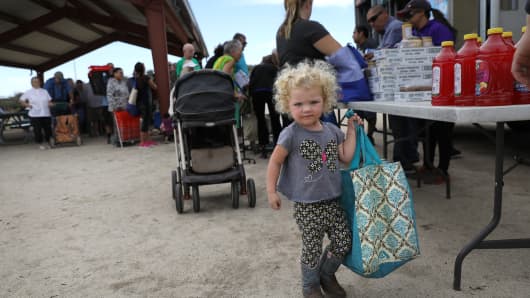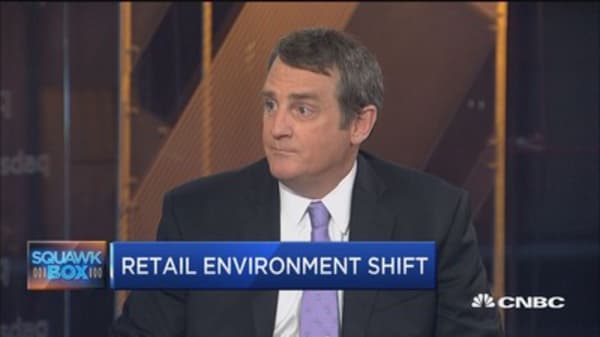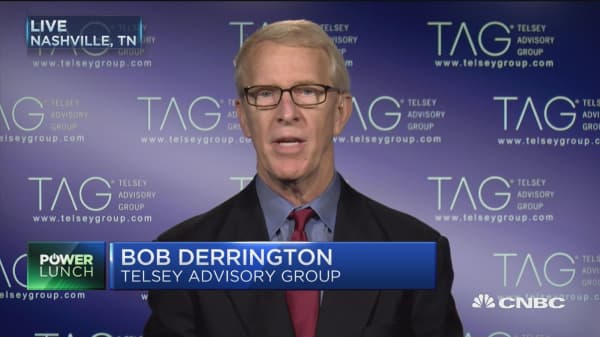The United States is a nation built on the values of equal opportunity, hard work and self-determination. It prides itself on the belief that in this land of opportunity any woman, man and child should be able to reach their full potential. The challenge is to create the environment in which people can thrive. That includes a strong social compact in which government, business and the social (non-profit) sector invest in the well-being of individuals and families and ensure pathways to opportunity and success. At the most basic level that begins with ensuring access to life's basic needs, including quality, affordable food. Sadly, this is not the reality for all too many Americans.
Despite their best efforts, millions of Americans are struggling to make ends meet. Many people across the country are working two or even three jobs to put food on the tables and keep a roof over their heads. A report supported by City Harvest found that, in New York City alone, over 2.7 million men, women and children face hunger. Across the United States, 42 million people are "food insecure" — meaning that they don't know with certainty where their next meal will come from, if at all.






